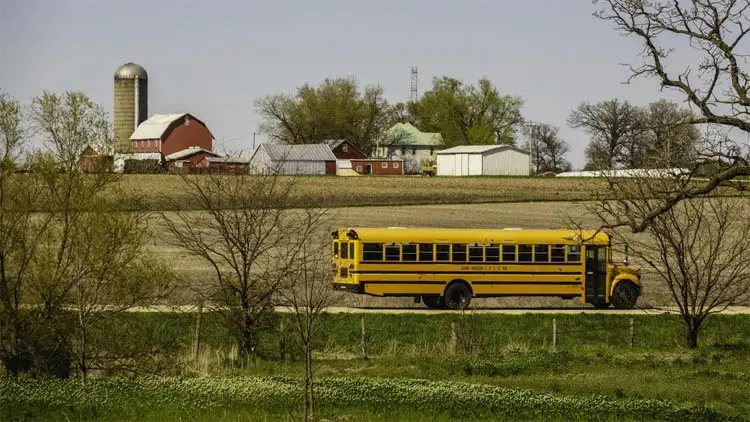When teachers in rural Eastern Washington shifted to remote learning in March 2020, “there was frustration from teachers,” said Kevin Jacka, director of a consortium of rural superintendents called the Rural Alliance. “They had very little opportunity to better themselves as they prepared for online/blended teaching.”
Jacka’s organization, which represents traditional public schools, ended up finding help from an unlikely source: a network of charter elementary schools in Western Washington that had launched new online platforms for elementary students during the pandemic. Charters and traditional schools are often portrayed as at odds with each other. But this collaboration shows that isn’t always the case—and it shows promise for the future.
When Jacka approached Jen Wickens, CEO of Impact Public Schools, she was more than happy to help. “We have so many other things to share,” Wickens said. “I see charter schools leaning into system-wide innovation. COVID-19 was a catalyst to share what we had created.”
Wickens and her team put together in-person and virtual professional development modules on topics like culture-setting, project-based learning, and social-emotional learning—all modified to support students in remote and hybrid learning models. “We had training in interventions, guided reading, what to do if kids are not on track,” Wickens said.
Working with the rural districts also pushed Impact’s thinking. A rural principal, for example, asked Impact to not just train teachers on how to teach remotely but also teach students how to learn remotely. Impact initially balked. “We thought of the training as something for teachers and leaders, not students,” Wickens said. “But the more we thought about it, the more we realized that the principal was right. Students need support too to know how to learn.” Impact ended up adding a module for young learners in both the rural districts and the network’s own schools.
This wasn’t the first time traditional and charter schools worked together in rural Washington, and the partnership had precedents elsewhere. Prior to the pandemic, the Center on Reinventing Education studied charter-district collaboration in 23 cities. Many of those earlier efforts were, like this partnership, motivated by a desire to spread innovative ideas from the charter sector. They underscored the importance of building relationships and goodwill as foundations for knowledge sharing.
The Rural Alliance is looking for ways to continue their collaboration with Washington charter schools in the 2021-22 school year. Cooperation between district and charter schools is often difficult to sustain. Preserving the time and space for educators to collaborate has been a common challenge in prior efforts, especially when it comes to improving instructional practices. In fact, as teachers moved back to in-person and hybrid learning in Eastern Washington last year, teachers found it harder to take advantage of resources from Impact. “Superintendents said they liked the professional development content, but teacher PD time was very limited,” Jacka said.
When Washington State voters approved charter schools in 2012, the goals for launching the sector included piloting new educational approaches and creating systemic change. Almost a decade later, COVID-19 created a unique opportunity to work toward that goal. If the Rural Alliance and Impact can find ways to sustain their work together, they’ll be able to fulfill this promise long after the pandemic is gone—and show other educators that when they work across sectors, students win.





